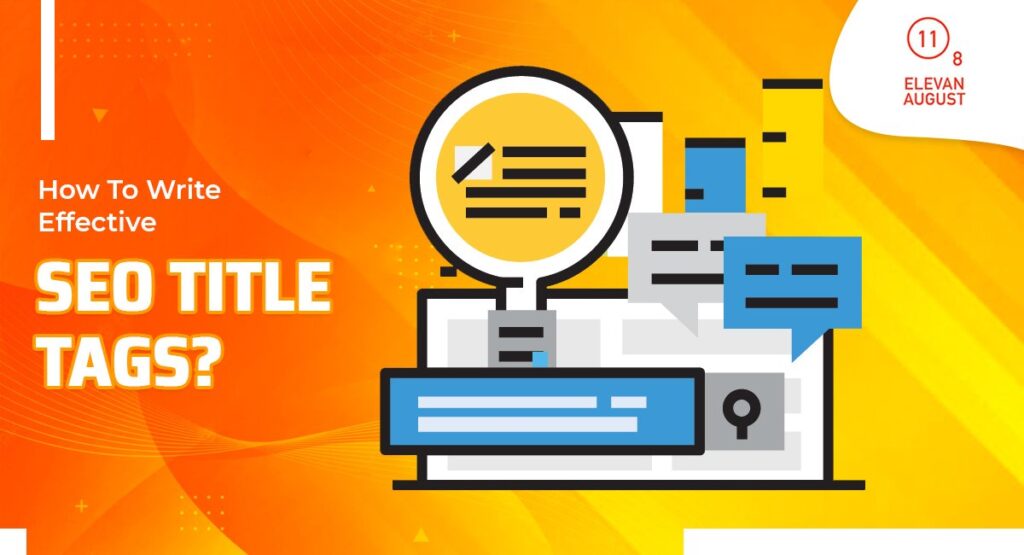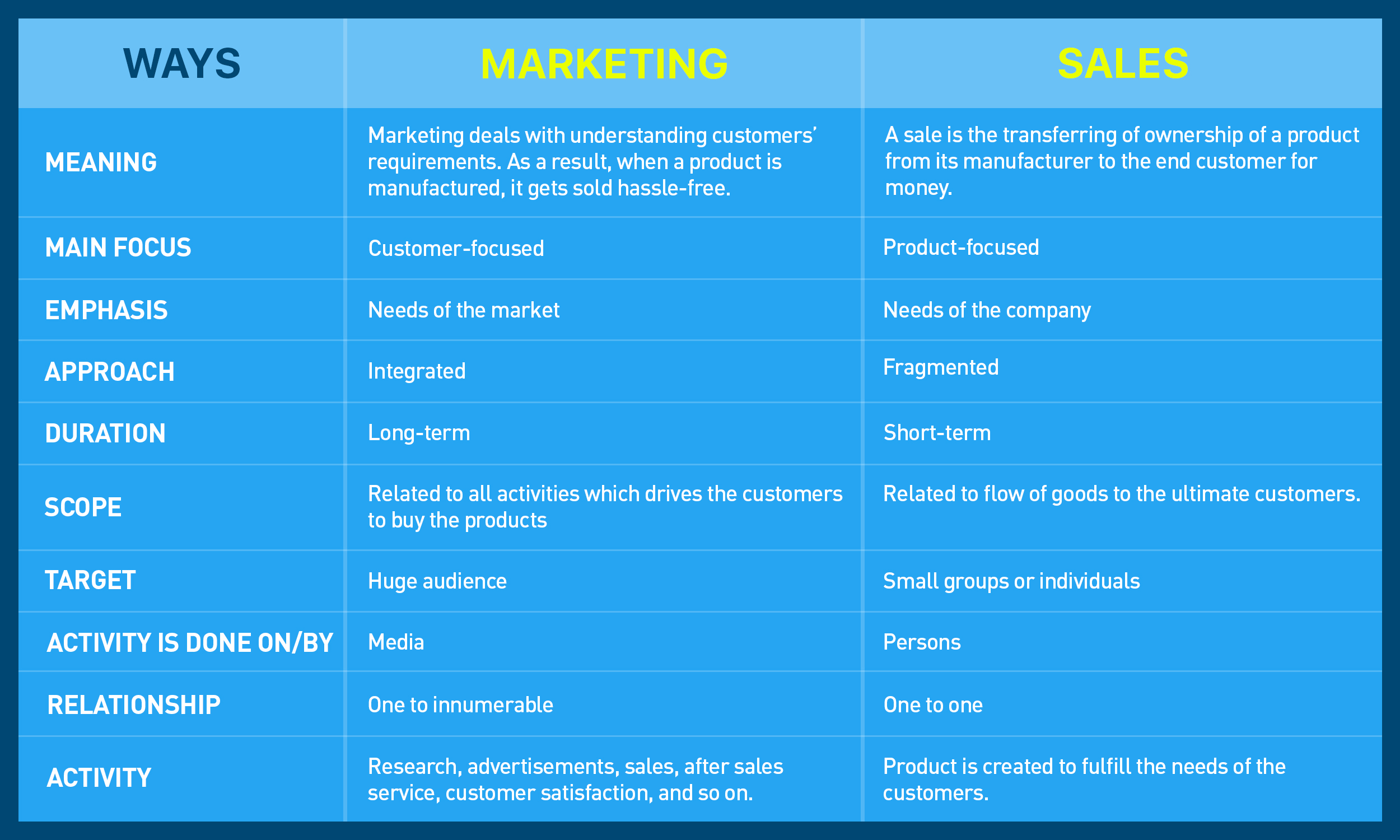Title tags are HTML elements that signify the web page title. Search engines display title tags as a part of search snippets in the search results. The clickable headline that you notice on the search result is the title tag of your web page. It provides an accurate and brief description of your web page content. The best SEO company in Singapore can help optimise various HTML tags, including title tags for search engines. This blog will share some helpful tips for writing effective SEO Title Tags.
7 Tips to Write Effective SEO Title Tags
A web page title is critical for its click-through rate (CTR). It must meet various search engine criteria and sound interesting to users to encourage them to click on it. Therefore, while creating your title tags, you need to include target keywords and trigger emotions from your readers. We believe the following tips can help you write better title tags. Let’s discuss them further.
Optimal Title Tag Length
Google doesn’t specify the ideal length of title tags. However, most desktop and mobile browsers can display the title tag’s first 50-60 characters. Hence, keeping your titles within 60 characters improves your chances of displaying your title correctly on the search engine result pages. In this regard, you need to remember that characters vary with pixel width. Generally, Google displays up to 600 pixels. However, this doesn’t affect the indexing of your site. When Google’s spider crawls your web page, they consider the entire title tag even if it is not fully displayed on SERPs. However, a full display of your title tags helps your audience determine what to expect on your web page. You may use various tools to check your title tags’ character and pixel length.
Write Unique Titles for Each Page
Every web page on your website is unique, and therefore, you need to create title tags that reflect them accordingly. You need to customise your title tags for each web page to describe that page’s content. The purpose is to inform search engines about the topic of individual web pages. Creating such title tags will help users and search engines understand what to expect on that page.
Use Words Carefully to Improve CTR
SEO experts suggest that using certain words in the title tags helps users understand whether the page can help answer their questions. These include words such as what, why, how, etc. In addition, you can use words such as ‘best’, ‘top’, ‘ultimate’, etc. to trigger emotions in readers. An SEO agency in Singapore can help frame effective title tags for your web pages to improve the CTR.
Use Your Target Keyword
Include the target keyword of individual pages in your title tags. It will help improve its visibility on search engines for relevant search queries. When creating individual pages, you might have planned a target keyword for your content. You need to include this keyword in the title tags to optimise it. Google’s algorithm considers title tags to determine the individual web page’s content. Hence including your keywords in title tags will inform Google about its relevance to specific search queries. However, you should refrain from keyword stuffing.
Company and Brand Name
While creating your title tags for SEO purposes, you might consider including your company or brand name. However, how you are using it will determine whether it is the right thing to do. Using brand names in every web page title tag can affect its readability, CTR, etc. Moreover, search engines might display multiple pages on your site for the same search query. On the other hand, using a brand name on your service or product pages can correspond to what your audience are looking for. Therefore, it can be useful to include the company name in title tags. Hence, you need to decide whether including the brand name in title tags is necessary for specific pages. If you are still in doubt, hire the best SEO agency Singapore to determine which pages need to mention your brand name.
Describe the Page Content
Ranking a web page on search engine result pages (SERPs) doesn’t guarantee that every audience who views them will click on them. Moreover, even if they click on the title tag to arrive at your website, they might leave the site immediately if the content doesn’t match their expectations. It can further affect your site’s bounce range and your search rankings.
Therefore, when writing your title tags, you need to provide an accurate description to help your audience understand what to expect if they choose to visit them. When your audience’s expectations match your web page content, it will encourage them to explore your site further and improve your search rankings.
Highlight the Uniqueness of Your Page
As mentioned earlier, you need to keep your title tags within a specific character limit. It might be difficult to highlight what makes your page unique with so many constraints. In such cases, we advise using a relevant adjective before your keywords or providing additional descriptions in your title tags. When writing blogs or articles, a reasonable title tag can be similar to a well-framed headline. If required, you might use your headline as the title tag. Additionally, you need to ensure that your title tags highlight the crucial aspect of your content.
Takeaway
Title tags are usually short and often considered as a simple part of SEO. However, you should not ignore the significance of title tags in SEO. Take your time to determine how to frame your title tags to make them sound exciting and appealing to your audience without losing their relevance. Effective writing of SEO title tags can contribute to higher search rankings and CTR. Elevan August Media is the best digital marketing agency Singapore that offers various SEO services to its clients. If you find yourself in doubt about the proper way to frame your title tags, you can consult them. They can also help to optimise other HTML tags of your page for SEO.






